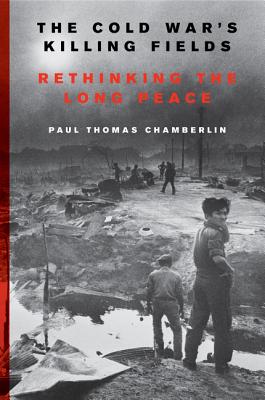Expedite your nonfiction book discovery process with Readara interviews, summaries and recommendations, Broaden your knowledge and gain insights from leading experts and scholars
In-depth, hour-long interviews with notable nonfiction authors, Gain new perspectives and ideas from the writer’s expertise and research, Valuable resource for readers and researchers
Optimize your book discovery process, Four-to eight-page summaries prepared by subject matter experts, Quickly review the book’s central messages and range of content
Books are handpicked covering a wide range of important categories and topics, Selected authors are subject experts, field professionals, or distinguished academics
Our editorial team includes books offering insights, unique views and researched-narratives in categories, Trade shows and book fairs, Book signings and in person author talks,Webinars and online events
Connect with editors and designers,Discover PR & marketing services providers, Source printers and related service providers

The Cold War's Killing Fields: Rethinking the Long Peace
History > Military - Wars & Conflicts (Other)
- Harper Paperbacks
- Paperback
- 9780062367211
- 8 X 5.3 X 1.5 inches
- 1 pounds
- History > Military - Wars & Conflicts (Other)
- (Single Author) Asian American
- English
Readara.com
Book Description
A brilliant young historian offers a vital, comprehensive international military history of the Cold War in which he views the decade-long superpower struggles as one of the three great conflicts of the twentieth century alongside the two World Wars, and reveals how bloody the Long Peace actually was.
In this sweeping, deeply researched book, Paul Thomas Chamberlin boldly argues that the Cold War, long viewed as a mostly peaceful, if tense, diplomatic standoff between democracy and communism, was actually a part of a vast, deadly conflict that killed millions on battlegrounds across the postcolonial world. For half a century, as an uneasy peace hung over Europe, ferocious proxy wars raged in the Cold War's killing fields, resulting in more than fourteen million dead--victims who remain largely forgotten and all but lost to history.
A superb work of scholarship illustrated with four maps, The Cold War's Killing Fields is the first global military history of this superpower conflict and the first full accounting of its devastating impact. More than previous armed conflicts, the wars of the post-1945 era ravaged civilians across vast stretches of territory, from Korea and Vietnam to Bangladesh and Afghanistan to Iraq and Lebanon. Chamberlin provides an understanding of this sweeping history from the ground up and offers a moving portrait of human suffering, capturing the voices of those who experienced the brutal warfare.
Chamberlin reframes this era in global history and explores in detail the numerous battles fought to prevent nuclear war, bolster the strategic hegemony of the U.S. and the U.S.S.R., and determine the fate of societies throughout the Third World.
Author Bio
Paul Chamberlin specializes in twentieth century international history with a focus on U.S. foreign relations and the Middle East.
His first book, The Global Offensive: The United States, the Palestine Liberation Organization, and the Making of the Post-Cold War Order (Oxford, 2012), is an international history of the Palestinian liberation struggle.
His next book, The Cold War's Killing Fields: Rethinking the Long Peace (HarperCollins, 2018), is a global history of the bloodiest encounters of the Cold War.
Awards
Oxford University Press International History Prize, 2010.
Fellow in American Foreign Policy at Williams College, 2009-10.
Fellow in International Security Studies at Yale University, 2008-09.
Foreign Language Area Studies Fellowship, Middle East Studies Center, Ohio State University, 2004-07.
Education
Ph.D. – Ohio State University, 2009
M.A. – Ohio State University, 2005
B.A. – Indiana University, 2002
Source: Columbia University Department of History
Videos




Community reviews
No Community reviews

